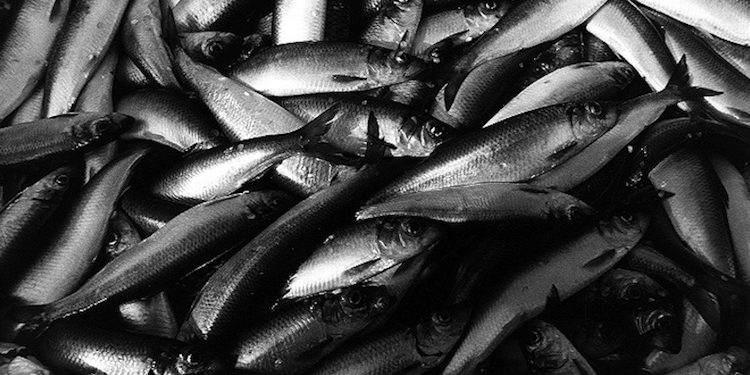The Finnish Fishermen’s Association has entered the Baltic herring and sprat fishery into full assessment to the Marine Stewardship Council’s (MSC) Fisheries Standard. The fishery represents more than 90% Finland’s marine catch and is the first Finnish fishery to enter MSC assessment.
‘Baltic herring and sprat are extremely important species for the Finnish fisheries sector and we are very happy that the first Finnish fishery is entering MSC assessment,’ said Kim Jordas of the Finnish Fishermen’s Association.
‘We recognise the importance of sustainable fishing and ensuring that this resource is available for future generations. We have also noticed that the fish oil and fishmeal industry in particular is increasingly demanding certified and sustainably sourced raw materials.’
In 2015 landings came to 132,000 tonnes of herring and around 12,000 tonnes of sprat, accounting for the bulk of the total Finnish 153,000 tonne fishery, much of it for meal and oil production, as well as for local human consumption. According to the MSC, there is increasing market demand for MSC certified raw materials in the use of fishmeal and fish oil.
The Finnish Ministry of Agriculture and Forestry, which is responsible for fisheries, has developed a Roadmap to Bioeconomy 2020. This roadmap recognises the potential of responsible seafood production as a driver for sustainable growth, and the authorities also recognise the importance of independent certification. The project is in accordance with the European Maritime and Fisheries Fund (EMFF) Finnish action plan.
‘Some 20% of annual global wild seafood production is for fish meal and oil production,’ said MSC project manager Janne Posti.
‘The majority of these ingredients end up in animal feeds, with an increasing proportion of the fish oil used for supplements and nutraceuticals. It is critical that low trophic level species, such as herring and sprat, are managed sustainably. We welcome the Finnish Fishermen’s Association’s decision to put Baltic herring and sprat forward for MSC assessment.’









